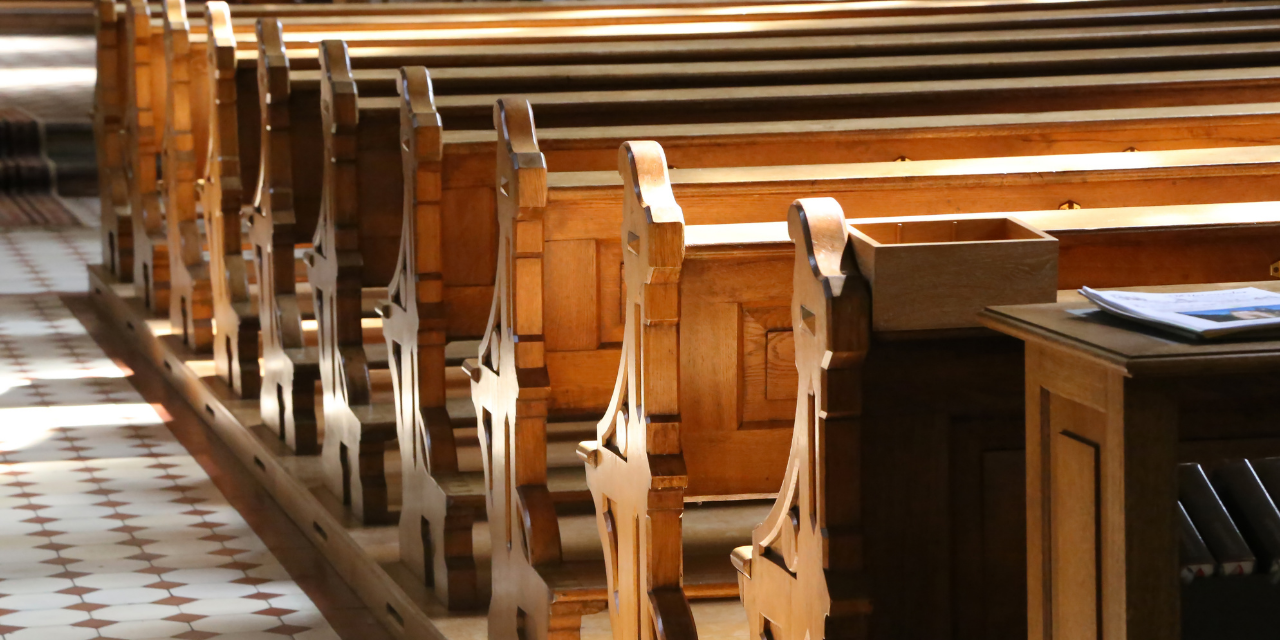We often hear sad stories about how the Christian Church is shrinking in America. But what many news outlets fail to mention is the types of churches that are declining. It is not the faithful bible-teaching, gospel-proclaiming congregations that are hemorrhaging members. It is the more liberal denominations that have long jettisoned historic orthodoxy – denying the deity of Christ, the reality of sin, doubting the truth of Jesus’ literal death and resurrection in addition to embracing abortion, same-sex marriage and gender politics – that are shriveling up.
The latest such denomination is the extremely liberal United Church of Christ (UCC) which is in the process of selling the building that houses its headquarters in Cleveland, Ohio for seven million dollars. The heavily down-sized denominational staff will move from the massive nine story building which once housed 330 employees to a single-floor office space less than a mile away.
The United Church of Christ has been experiencing an uninterrupted purging of members for decades now as a direct result of their increasingly liberal theology and practice. Their membership, which one totaled more than 2.1 million people, is currently just over 800,00 and expected to be a mere 200,000 in 2045. The Institute on Religion & Democracy explains, “While the denomination traces its origins to the puritans of the Massachusetts Bay Colony, its spiritual antecedents would likely not recognize it today.”
It is often said in popular culture, and even within some sectors of the Church itself, that if Christianity is to survive, it must “get with the times” and modernize its beliefs. One of the major voices here, the ultra-liberal Episcopal bishop John Shelby Spong, who died earlier this month at 90, infamously wrote a book some twenty years ago entitled Why Christianity Must Change of Die. He simply got the nature of that change wrong.
It seems like the more liberal denominations become, the faster they die. Leading sociologists of religion, Roger Finke and Rodney Stark explain in their classic book The Churching of America: 1776-2005 that the most significant dividing line between growing and shrinking churches was the nature of their theology. Churches with more conservative and orthodox teaching and preaching tend to grow while those compromising on fundamentals of the Christian tend to shrink. They point out that this is even true within denominations such as the United Methodist Church.
Research published a few years ago in the academic journal Review of Religious Research found that the theological and spiritual conservativism of the pastor had “a much larger effect” on church growth than the conservatism of the congregants themselves. In examining what made some mainline denominational churches in Canada grow, while others shrank, these scholars simply titled their study after their main finding: “Theology Matters.”
As Glenn T. Stanton explains in his book The Myth of the Dying Church, “It’s time to stick a fork in the liberalizing project in the Church. It’s done, dead, over.” The liberalizing of Christianity is not a recipe for growth. And the selling off one of those liberal denomination’s headquarters is just the latest chapter in that lesson.
Photo from Shutterstock.






